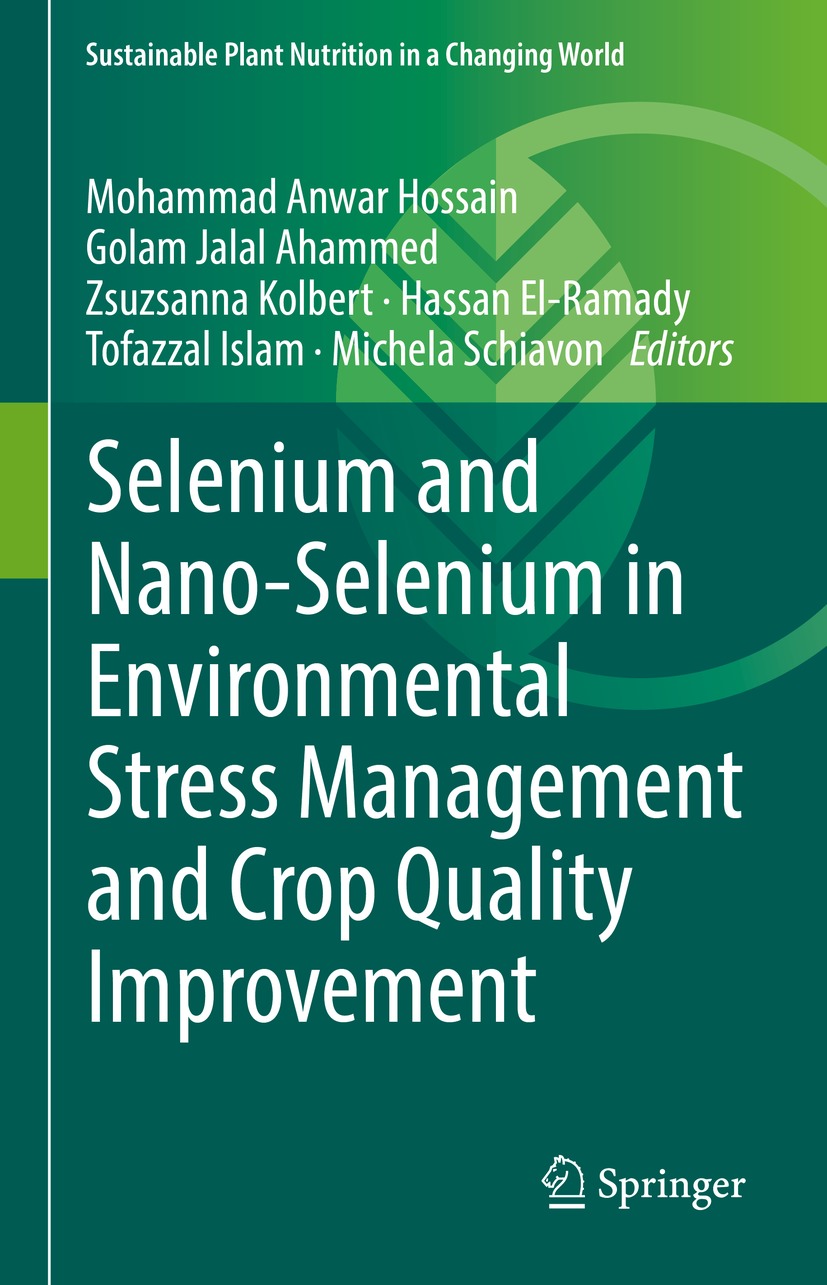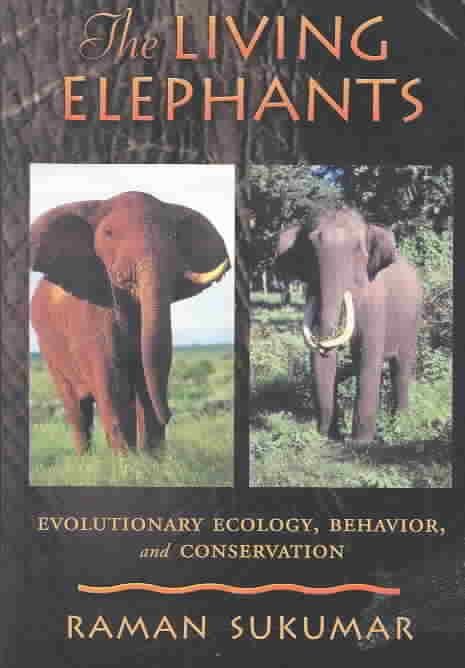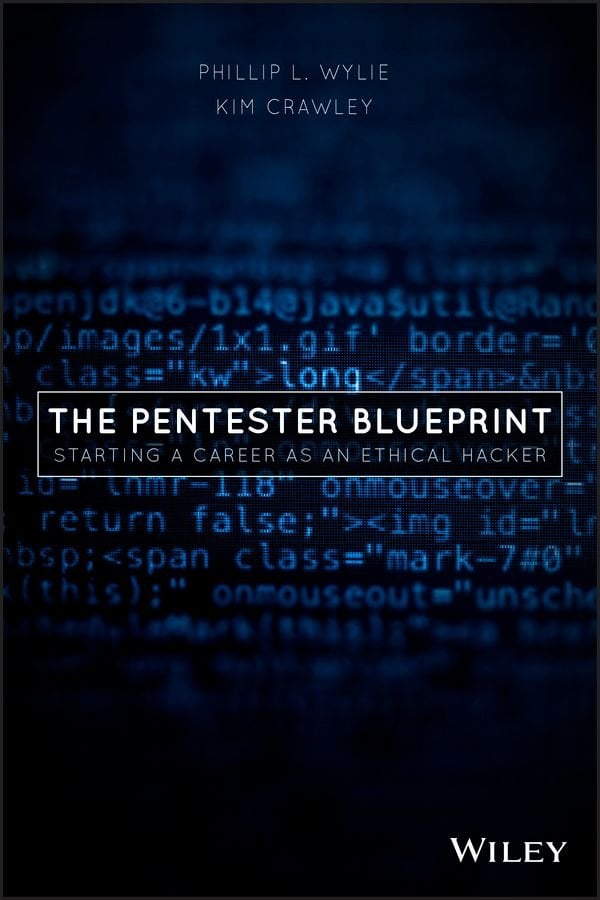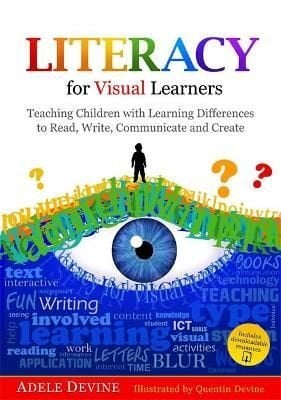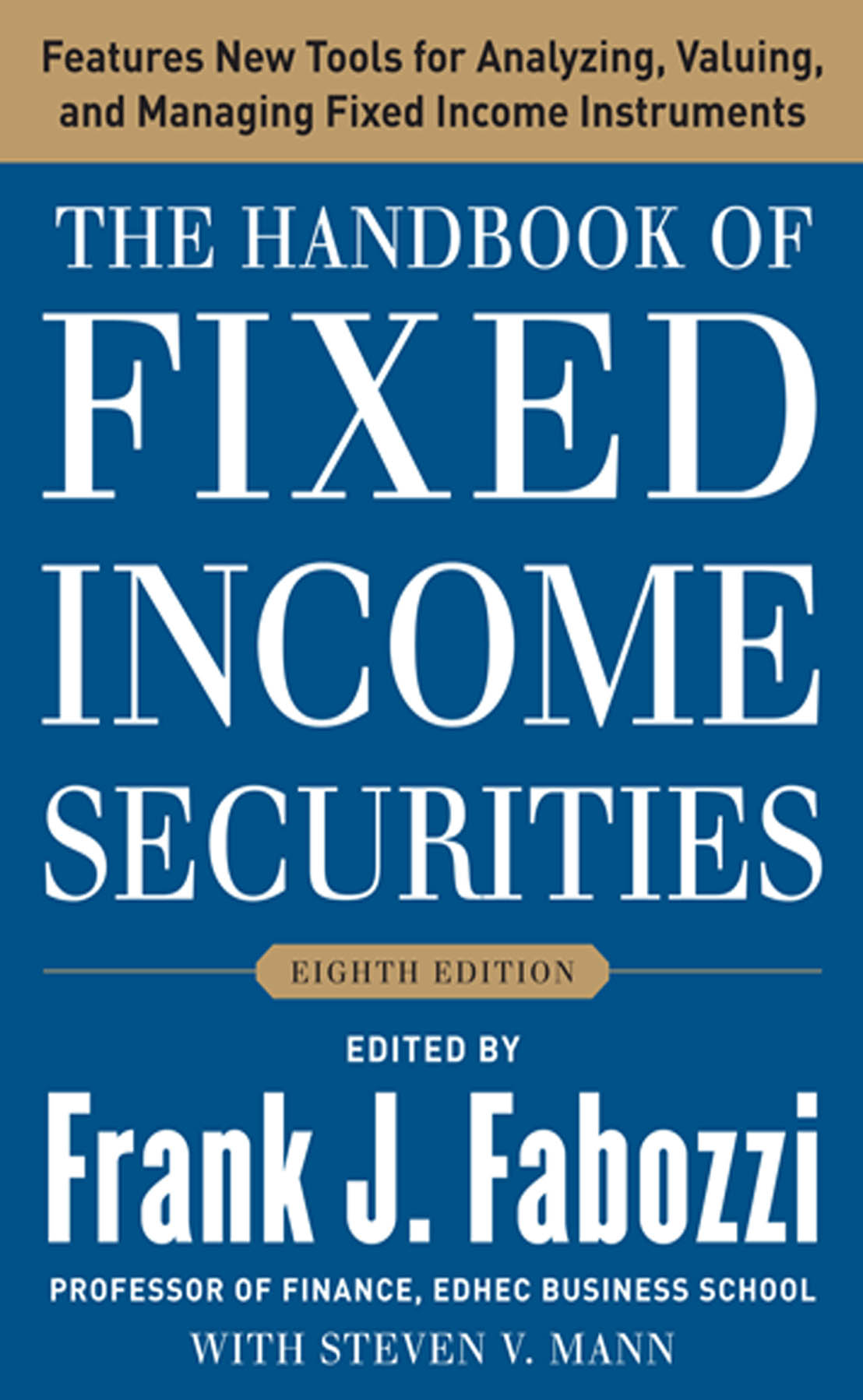Why politics and international relations “seem” to be driven by power/strategies in some conditions but “seem” to be attached to values/beliefs in other situations? Based on findings in (political) psychology and international relations, the book builds a new political reasoning model: a two-layered motivation-heuristic complex. The model grasps the internal mechanism that drives the co-existent and dynamic relationship between material and ideational considerations in making political choices/phenomena diverse and evolving across situations and periods. Applied to the case of China and human rights, the model helps understand several questions that attract those who are interested in the topic: e.g., the roots and contents of strategic and conceptual factors that continuously influence China’s human rights idea/policies; if, why and how the strategy-ideational relationships in such idea/policies evolve across periods; and the role that China’s national security condition and external pressure play during such evolving relationships.


